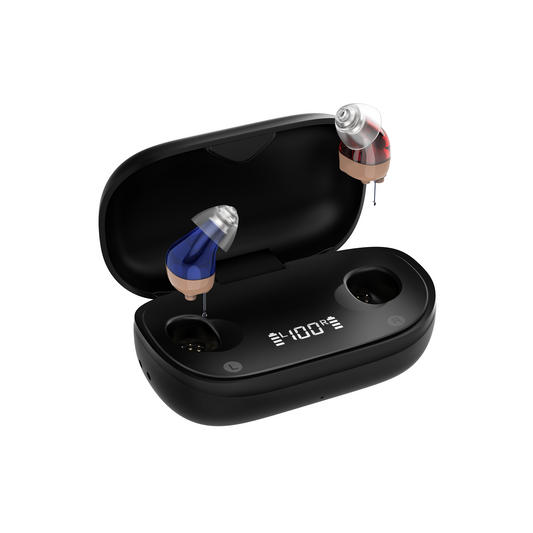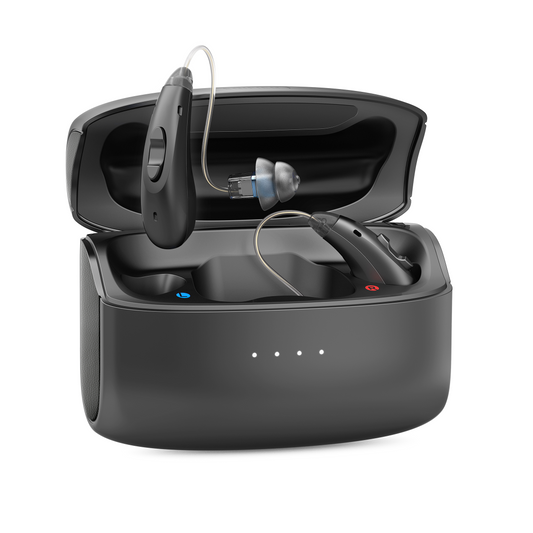What Is Tinnitus? Understanding the Ringing in Your Ears
Have you ever noticed a ringing, buzzing, or hissing sound in your ears when there’s no actual noise around? If so, you may have experienced tinnitus. It’s not a disease itself, but a common condition that affects millions of people worldwide.
What Is Tinnitus?
Tinnitus is the perception of sound in the ears or head without an external source. People often describe it as:
-
Ringing
-
Buzzing
-
Humming
-
Clicking
-
Roaring
For some, the sound is constant. For others, it comes and goes. While tinnitus can be a temporary experience (for example, after leaving a loud concert), it can also be a long-term condition that impacts daily life.
What Causes Tinnitus?
There are many potential causes of tinnitus, including:
-
Hearing loss: Age-related or noise-induced hearing damage is the most common cause.
-
Ear blockages: Wax buildup or middle ear infections can trigger tinnitus.
-
Noise exposure: Loud music, machinery, or sudden loud sounds may damage the inner ear.
-
Medical conditions: High blood pressure, diabetes, or circulatory issues can sometimes contribute.
-
Medications: Certain antibiotics, chemotherapy drugs, or high doses of aspirin may cause tinnitus as a side effect.
Who Experiences Tinnitus?
Tinnitus can affect anyone, but it’s more common in adults and older adults, particularly those exposed to loud environments over time. Musicians, construction workers, and military veterans are especially at risk.
Is Tinnitus Serious?
In most cases, tinnitus isn’t dangerous. However, it can be frustrating and disruptive, especially when it interferes with sleep, concentration, or overall quality of life. Rarely, it may signal an underlying medical condition that requires attention.
How Is Tinnitus Managed?
Currently, there’s no universal cure for tinnitus, but there are effective ways to reduce its impact:
-
Hearing aids: Amplifying external sounds often makes tinnitus less noticeable.
-
Sound therapy: White noise machines, background music, or specialized apps can mask ringing.
-
Lifestyle changes: Managing stress, avoiding loud noise, and limiting caffeine or alcohol can help.
-
Medical treatment: Addressing underlying health issues or changing medications may reduce symptoms.
-
Cognitive Behavioral Therapy (CBT): Helps people cope with the emotional side of tinnitus.
Living with Tinnitus
If you’re dealing with tinnitus, you’re not alone. Millions manage the condition successfully with support, treatment, and lifestyle adjustments. The key is early awareness — if tinnitus persists, consult a hearing specialist or audiologist to explore your options.




